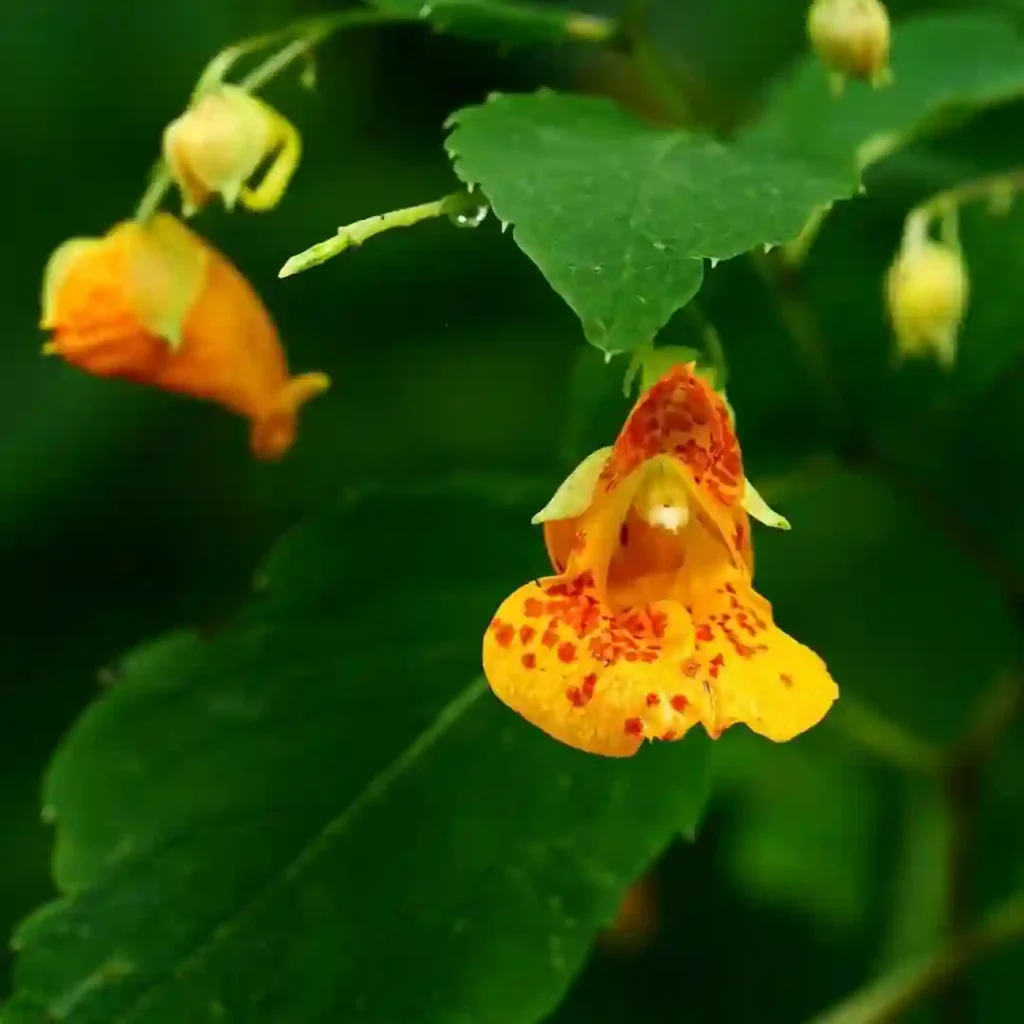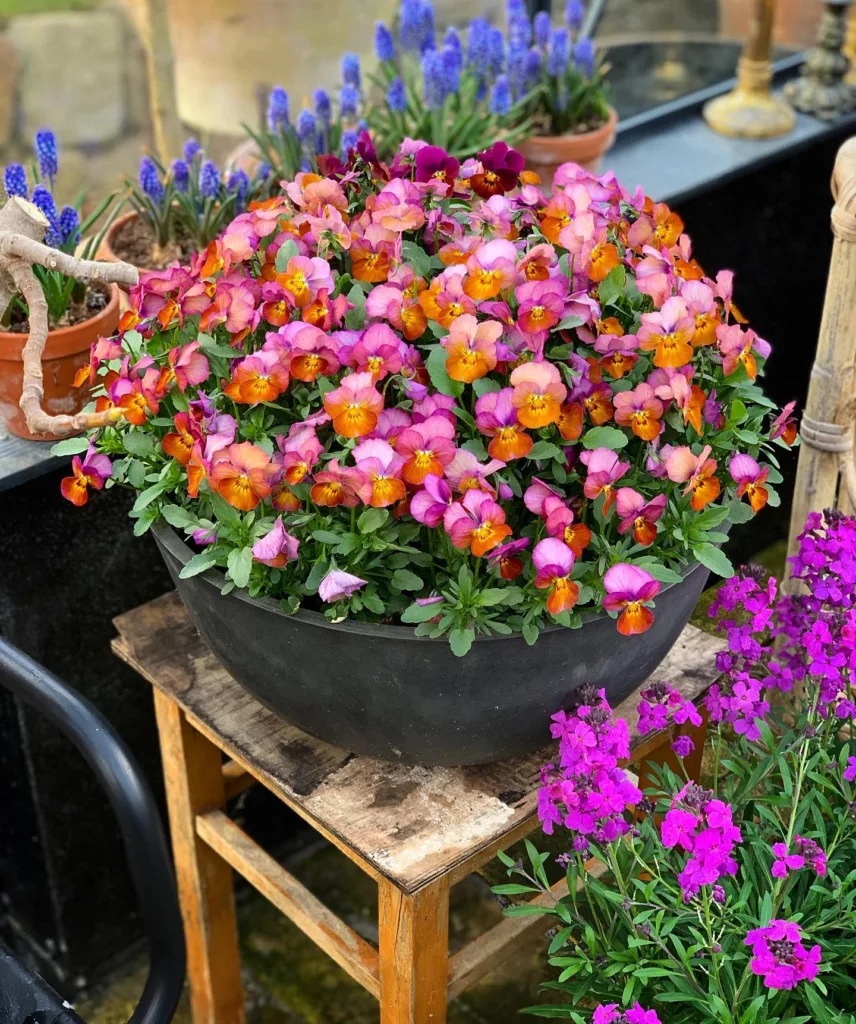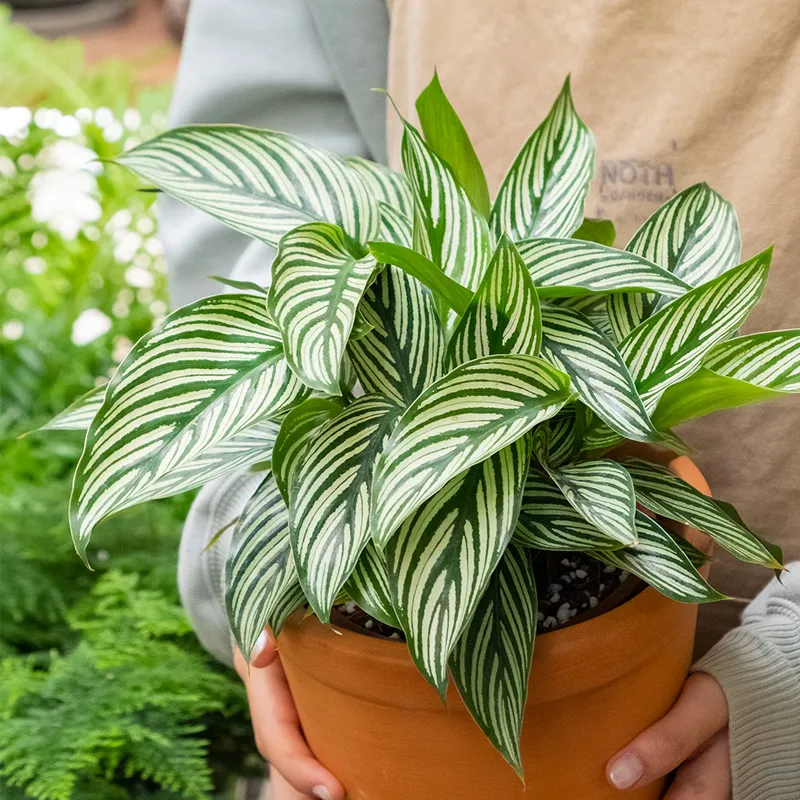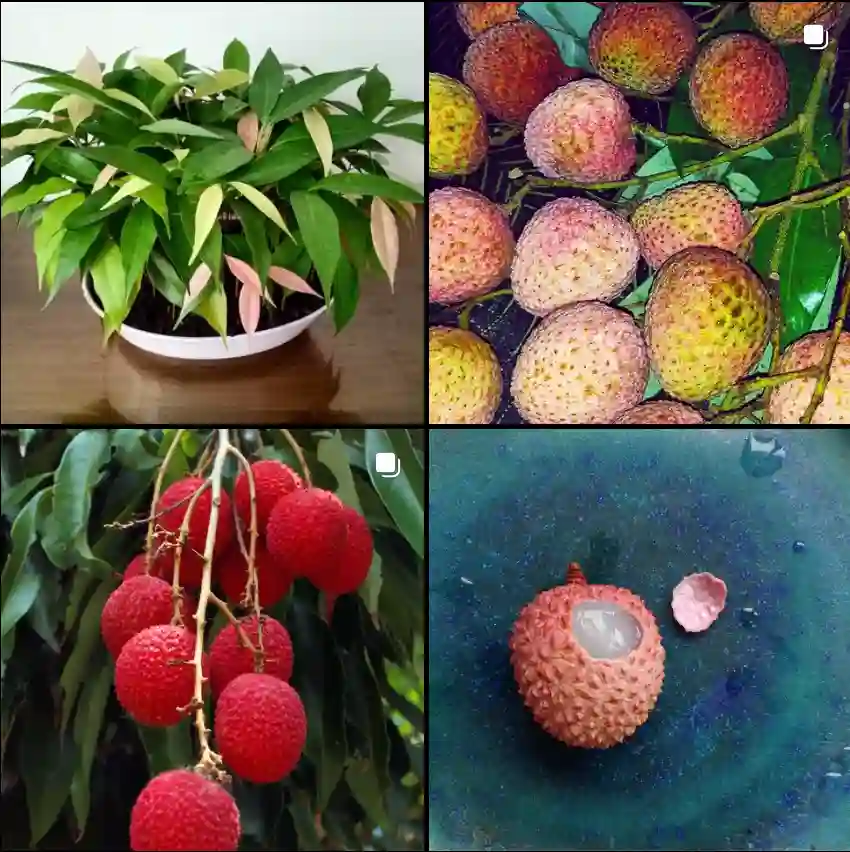FAQs About Blackcap Raspberry
When I first encountered the Blackcap Raspberry (Rubus Leucodermis), I was intrigued by its unique characteristics and the potential it offered for my garden. If you’re considering adding this interesting berry to your own space, you probably have a lot of questions. Here’s a detailed guide based on my experiences and research.
1556 Species in Genus Rubus
What Is Blackcap Raspberry?
The Blackcap Raspberry, also known as Rubus Leucodermis, is a species of raspberry native to North America. Unlike traditional raspberries, which have a red or golden hue, the Blackcap Raspberry boasts dark, almost black berries. This variety is renowned for its distinctive flavor, which combines the tartness of raspberries with a hint of blackberries. The plant itself is a deciduous shrub that can grow up to 4 feet tall and spreads through suckers, creating a dense thicket.
How to Care for Blackcap Raspberry?
Caring for Blackcap Raspberry is relatively straightforward, but there are a few key things to keep in mind:
- Location: Blackcap Raspberries thrive in full sun, so choose a spot in your garden that gets at least 6 to 8 hours of sunlight per day. They can tolerate partial shade, but fruit production may be reduced.
- Soil: This plant prefers well-draining soil that is rich in organic matter. Loamy soil with a pH of 5.5 to 6.5 is ideal. If your soil is heavy clay or sandy, amend it with compost or aged manure to improve its structure.
- Watering: Keep the soil consistently moist, especially during the growing season. However, avoid waterlogging, as this can lead to root rot. A layer of mulch around the base of the plant can help retain moisture and suppress weeds.
- Fertilizing: Feed your Blackcap Raspberries with a balanced fertilizer in early spring as new growth begins. A second feeding in mid-summer can help boost fruit production.
- Pruning: Pruning is essential for maintaining the health and productivity of the plant. After harvesting, remove old canes that have fruited. In late winter or early spring, cut back any remaining canes to about 6 inches above the ground. This encourages new growth and better fruiting.
How to Propagate Blackcap Raspberry?
Propagation of Blackcap Raspberry can be done through several methods:
- Suckers: The easiest way to propagate Blackcap Raspberries is by using suckers, which are new shoots that grow from the base of the plant. In early spring or fall, dig up these suckers and replant them in a new location.
- Division: Another method is to divide mature plants. Carefully dig up the plant and separate the root ball into several sections, each with at least one cane. Replant these divisions in well-prepared soil.
- Stem Cuttings: You can also propagate using stem cuttings. Take cuttings of healthy, young canes in late summer, dip them in rooting hormone, and plant them in a pot with a mix of peat and sand. Keep the soil moist and provide indirect light until roots develop.
What to Plant With Blackcap Raspberry?
Blackcap Raspberries grow well with a variety of companion plants. Some good choices include:
- Horseradish: Planting horseradish near raspberries can help deter pests like aphids and spider mites.
- Garlic: Garlic has natural pest-repelling properties and can also enhance the flavor of raspberries.
- Marigolds: These bright flowers can help repel harmful insects and attract beneficial pollinators.
Avoid planting Blackcap Raspberries near plants that require similar growing conditions but are prone to similar pests and diseases, like other brambles.
Is Blackcap Raspberry Toxic?
No, Blackcap Raspberry (Rubus Leucodermis) is not toxic. Both the fruit and foliage are safe for humans and animals. The berries are edible and nutritious, packed with vitamins and antioxidants. However, as with any plant, it’s best to keep an eye on pets and small children to prevent them from consuming too many berries or any non-edible parts of the plant.
Benefits of Blackcap Raspberry
- Nutritional Value: The berries are rich in vitamins C and K, as well as antioxidants and fiber. They are great for boosting the immune system and supporting overall health.
- Flavor: Blackcap Raspberries have a unique taste that’s both sweet and tangy. They can be used in a variety of culinary applications, including jams, desserts, and sauces.
- Wildlife: The plant attracts pollinators like bees and butterflies, which can benefit the overall health of your garden.
Common Problems and Solutions
- Pests: Blackcap Raspberries can attract pests such as aphids and spider mites. Regularly inspect your plants and use insecticidal soap or neem oil if necessary.
- Diseases: Watch out for common raspberry diseases like rust and mildew. Ensure good air circulation around the plant and avoid overhead watering to minimize disease risk.
- Fruit Production Issues: If your plant is not producing fruit, it might be due to inadequate sunlight, improper pruning, or nutrient deficiencies. Make sure the plant is getting enough light and nutrients, and review your pruning techniques.
Comparing Blackcap Raspberry with Other Raspberries
When comparing Blackcap Raspberry to other raspberry varieties, such as the red or golden raspberries, the main differences are in the fruit color and flavor profile. Blackcap Raspberries offer a deeper, richer taste and are generally more tart. They also have a unique dark color, making them stand out visually in the garden and in culinary dishes.
In conclusion, Blackcap Raspberry (Rubus Leucodermis) is a fascinating plant that adds diversity and interest to any garden. With the right care and attention, it can be a rewarding addition, offering both delicious fruit and benefits to the garden ecosystem. If you’re looking to expand your berry collection, this unique raspberry variety is worth considering.
If i die, water my plants!



